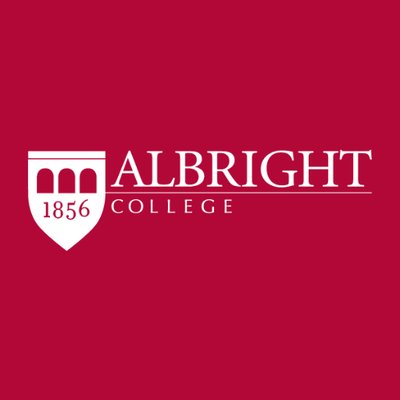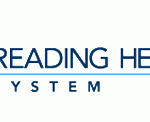Albright College faculty members Kate Lehman, Ph.D. and Beth Kiester, Ph.D., will discuss their original research into COVID-19’s impact on vulnerable populations, on Mon., April 12, 4-5:30 p.m. via Zoom. Pre-register online here.
Over one year into COVID-19, it is clear that the pandemic has taken its toll on vulnerable populations across the nation. But how much do we really know? Lehman and Kiester will share new findings. After interviewing immigrant service providers during a sabbatical, Kiester expanded her body of knowledge with Albright Newman Fellow, Jennifer Vasquez ’22, during an Albright Creative Research Experience (ACRE). Lehman will showcase her research into the pandemic’s impact on women, focusing on mothers who balance work, caregiving and school for their children. She will discuss how mothers have used social media to support others like them.
Elizabeth Kiester, Ph.D. is an associate professor of sociology with areas of expertise in gender and family studies, labor markers and immigration. Her extensive research ranges from “Female Migration and the Global Economy” to the analysis of international same-sex marriage rights.
Katherine Lehman, Ph.D., chair and associate professor of communications, also teaches in Albright’s women and gender studies program. Her areas of expertise include film and television, journalism, cultural history, gender and sexuality studies.
Founded in 1856, Albright College is a diverse community of learners cultivating integrity, curiosity, connection and resilience. The college’s flexible curriculum encourages students to combine and cross majors to create individualized academic programs. Close faculty mentorship and numerous experiential learning options create opportunities for Albright graduates to exceed their own expectations. Located in Reading, Pa., Albright enrolls more than 1,800 full-time undergraduates and 700 adult learners and graduate students.




